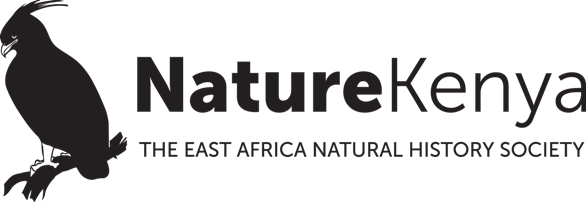By Joshua Sese
Located about 10 km south of Kisumu City on the shores of Winam Gulf, Lake Victoria, is the Dunga Swamp Key Biodiversity Area (KBA). The KBA is at the mouth of River Nyamasaria, traversing through the extensive and populated Kisumu city. As the water trickles into the lake, the swamp filters it, regulating pollution. The swamp is an important fish breeding ground, and a favourite fishing spot for fishermen.
The KBA is a carbon sink and a significant habitat for rare species such as the nationally threatened Sitatunga antelope (Tragelaphus spekii) and the Vulnerable bird Papyrus Yellow Warbler (Calamonastides gracilirostris). Papyrus reeds dominate the swamp. Local communities use papyrus to make baskets, mats, brooms and to thatch houses. Given its proximity to the city center, the KBA is an ideal tourist destination.
The KBA faces many threats. These include pollution (disposal of solid waste and sewerage from surrounding estates), unregulated tourism activities, over-harvesting of papyrus and encroachment for farming and settlement. Infestation of water hyacinth due to eutrophication in the swamp has rendered some areas impassable by boat, affecting the fishermen’s livelihood. Affected fishermen have opted for alternative livelihood methods such as papyrus harvesting and farming. The KBA currently has no official protection, making the Sitatunga and other animals dependant on the papyrus swamp habitat more vulnerable to illegal hunting.
Friends of Dunga Swamp Site Support Group (SSG), a local community group, is at the forefront of ensuring that the swamp is valued and conserved. The group regularly conducts bird and biodiversity monitoring, restores degraded swamp areas by planting papyrus and runs conservation awareness creation activities. Friends of Dunga Swamp SSG owns and manages a boardwalk – a raised walkway that stretches over the swamp. Tourists visiting the wetland can observe its beauty and mystery and embrace nature through the boardwalk. The group also actively participates in international environmental days such as World Wetland Day, World Environment Day, and World Migratory Bird Days, among others.
